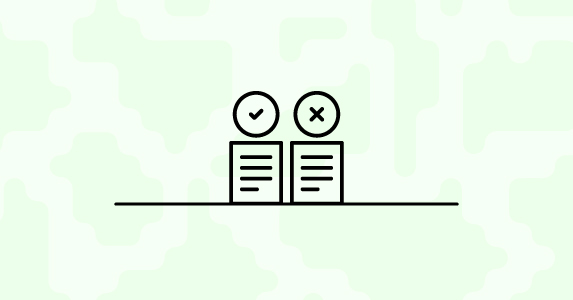If you work in ecommerce marketing, you’ve probably heard of Contlo. It’s positioned as a modern engagement platform, but here’s the uncomfortable truth: most fast-growing brands outpace its capabilities sooner than expected.
Why? Because “good enough” doesn’t cut it when customer engagement is your revenue engine.
- No predictive AI for churn, timing, or buying intent.
- Analytics limited to surface-level reports, with no funnels, cohorts, or RFM depth.
- Scaling pains that force costly re-platforming.
- Weak personalization—no AMP emails or advanced web/app experiences to lift conversions.
In 2025, ecommerce leaders can’t afford platforms that stall growth. That’s why I’ve put together this list of 7 battle-tested Contlo alternatives—tools built to drive revenue with smarter AI, richer analytics, and true omnichannel orchestration.
7 Contlo Alternatives & Competitors
1. Netcore (Best Overall Alternative)
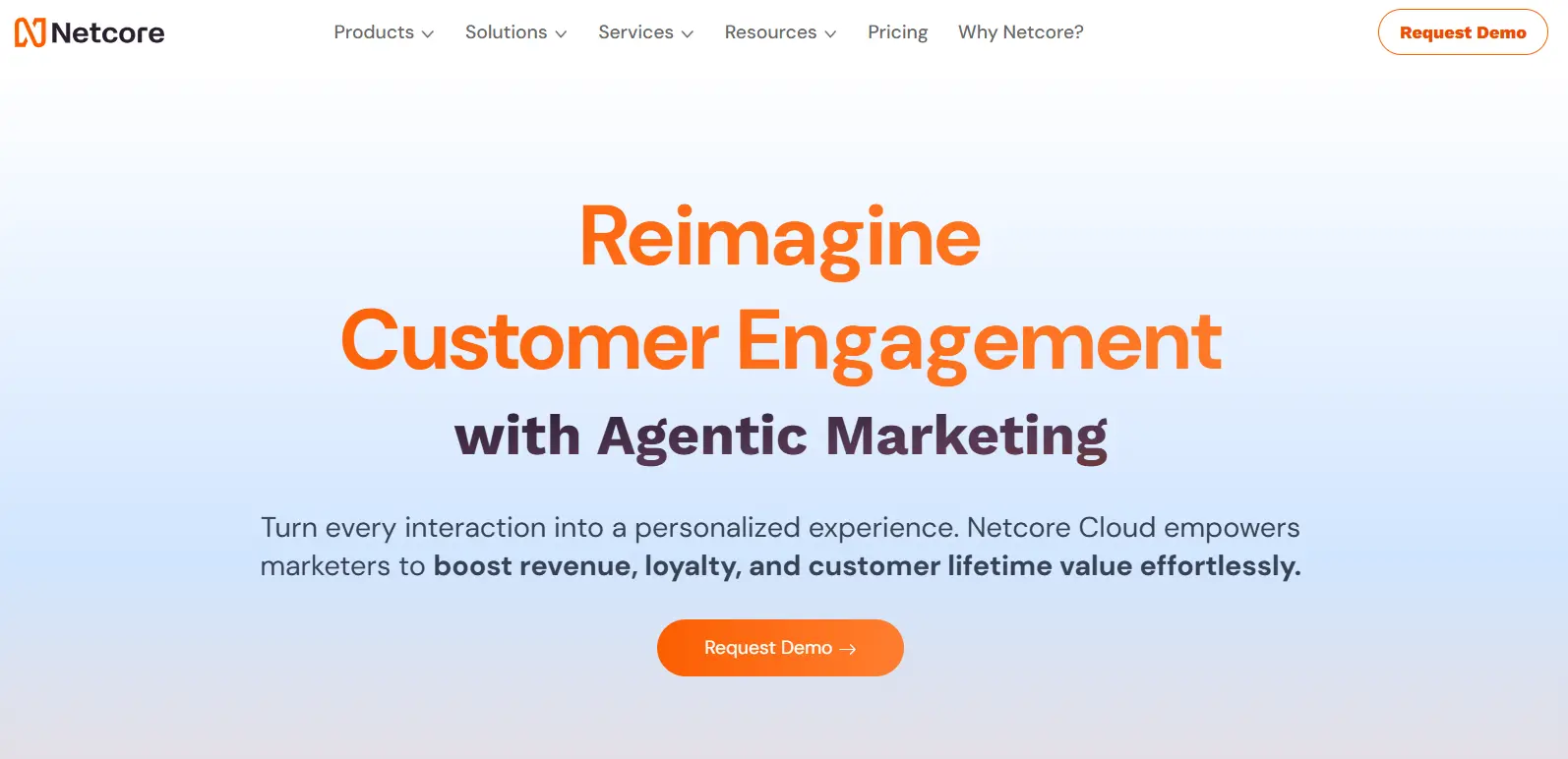
Netcore is a full-stack customer engagement and retention platform designed for high-growth ecommerce brands. It’s not just a tool—it’s a partner that takes KPI ownership with you.
Pros
- Advanced AI & ML Insights → Predict churn, next-best-action, STO, subject line optimization.
- Omnichannel orchestration → Email, SMS, WhatsApp, Push, RCS, Web/App personalization.
- AMP Emails → Let customers purchase inside inbox.
- Personalization at scale → 8–13% conversion lift with AI-driven web/app recommendations.
- Battle-tested analytics → Funnels, cohorts, path analysis, and real-time insights.
- White-glove consulting → Dedicated teams co-owning KPIs with you.
Cons
- Best suited for mid-to-large enterprises (might feel “too advanced” for a small store).
Pricing
ROI-based custom pricing.
2. Klaviyo
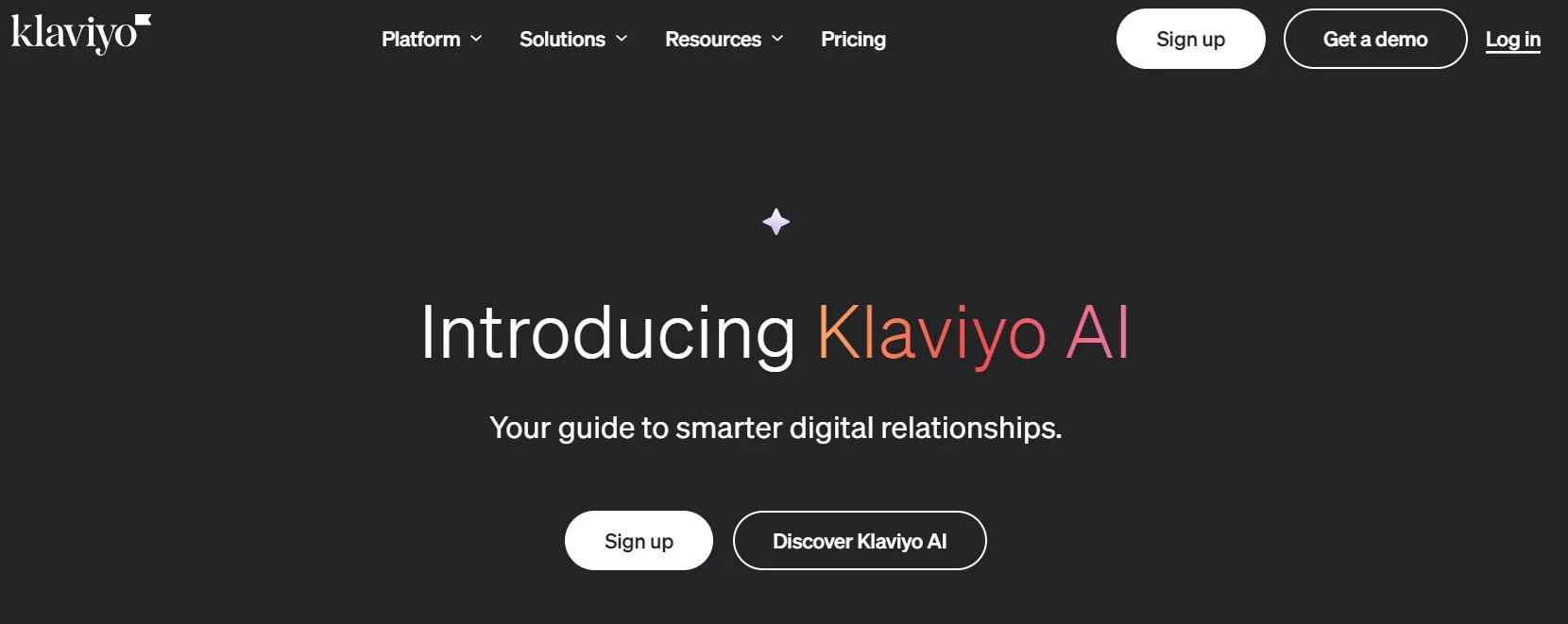
Klaviyo has built its reputation as the go-to platform for Shopify and DTC (direct-to-consumer) brands. It excels in email and SMS automation, helping ecommerce brands build retention-focused campaigns.
Pros:
- Tight integrations with Shopify, Magento, and WooCommerce.
- Strong email + SMS marketing automation.
- Prebuilt ecommerce workflows for abandoned carts, win-backs, etc.
- Solid analytics for smaller brands.
Cons:
- Steep learning curve for advanced automations.
- Costs rise sharply as your contact list grows.
- Limited beyond email/SMS (no deep omnichannel orchestration).
Pricing: Starts at $45/month, scaling with contact count.
Best for: Shopify-first DTC brands looking for strong email/SMS without needing a full omnichannel suite.
3. ActiveCampaign
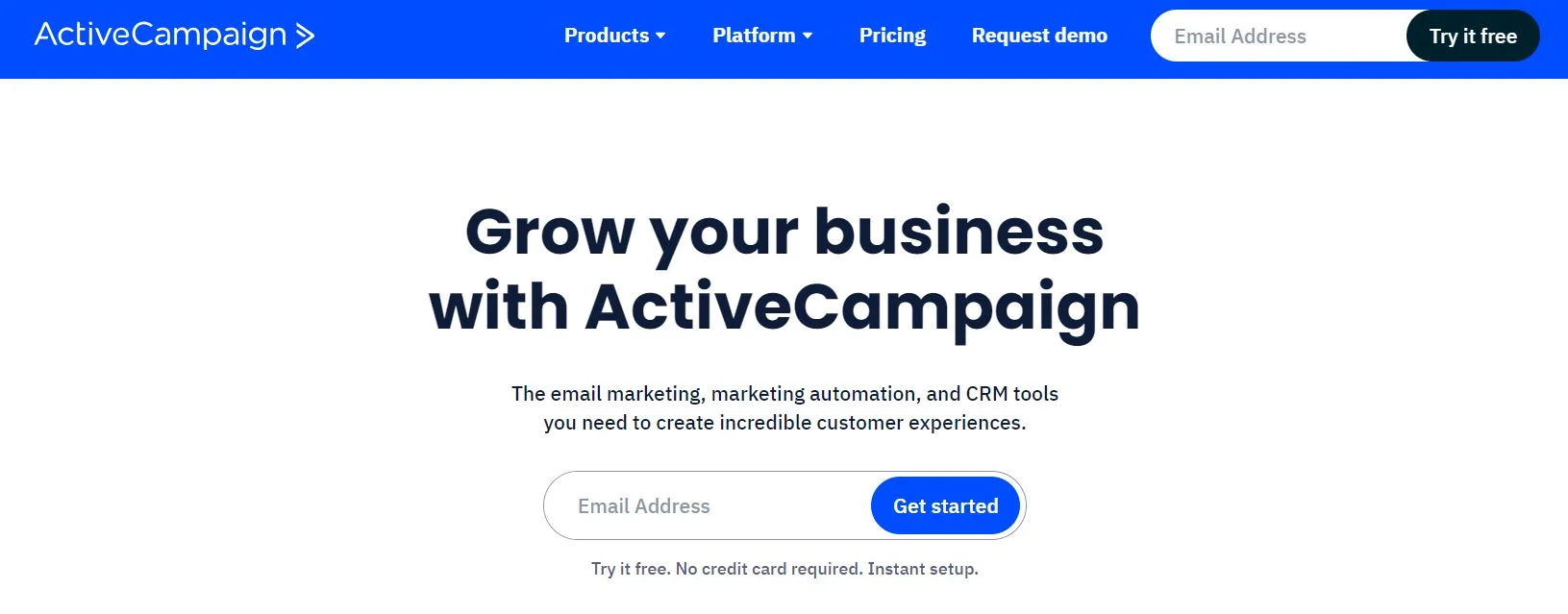
ActiveCampaign blends CRM functionality with marketing automation, making it a versatile tool for SMBs. It supports email, SMS, and sales automation within one platform.
Pros:
- Flexible automation workflows across sales + marketing.
- Native CRM integrations (good for small sales teams).
- Robust email + SMS campaign capabilities.
- Good entry pricing for smaller businesses.
Cons:
- More SMB-focused, less suited for large enterprises.
- Analytics and reporting lack depth compared to AI-first competitors.
- Interface can feel overwhelming for new users.
Pricing: Starts at $49/month, based on contacts and features.
Best for: SMBs wanting an affordable CRM + marketing automation hybrid.
4. MoEngage
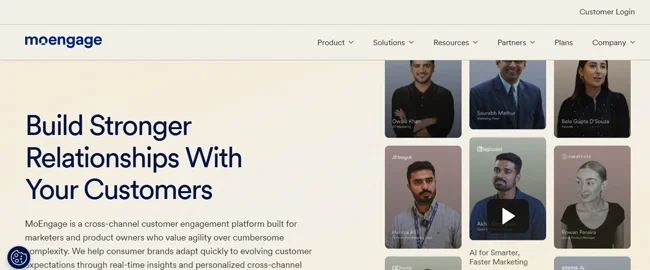
MoEngage is a mobile-first engagement platform, popular across Asia and emerging markets. It’s strong for brands with app-heavy customer bases.
Pros:
- Strong push notifications and mobile-first design.
- In-app engagement tools like banners, nudges, and surveys.
- Good segmentation for mobile audiences.
Cons:
- Weak web engagement capabilities.
- Limited AI insights (mostly descriptive, not predictive).
- Support and consulting often fall short for enterprise-level needs.
Pricing: Custom pricing, mid-market focus.
Best for: App-heavy brands that prioritize push and in-app engagement.
4. Mailchimp
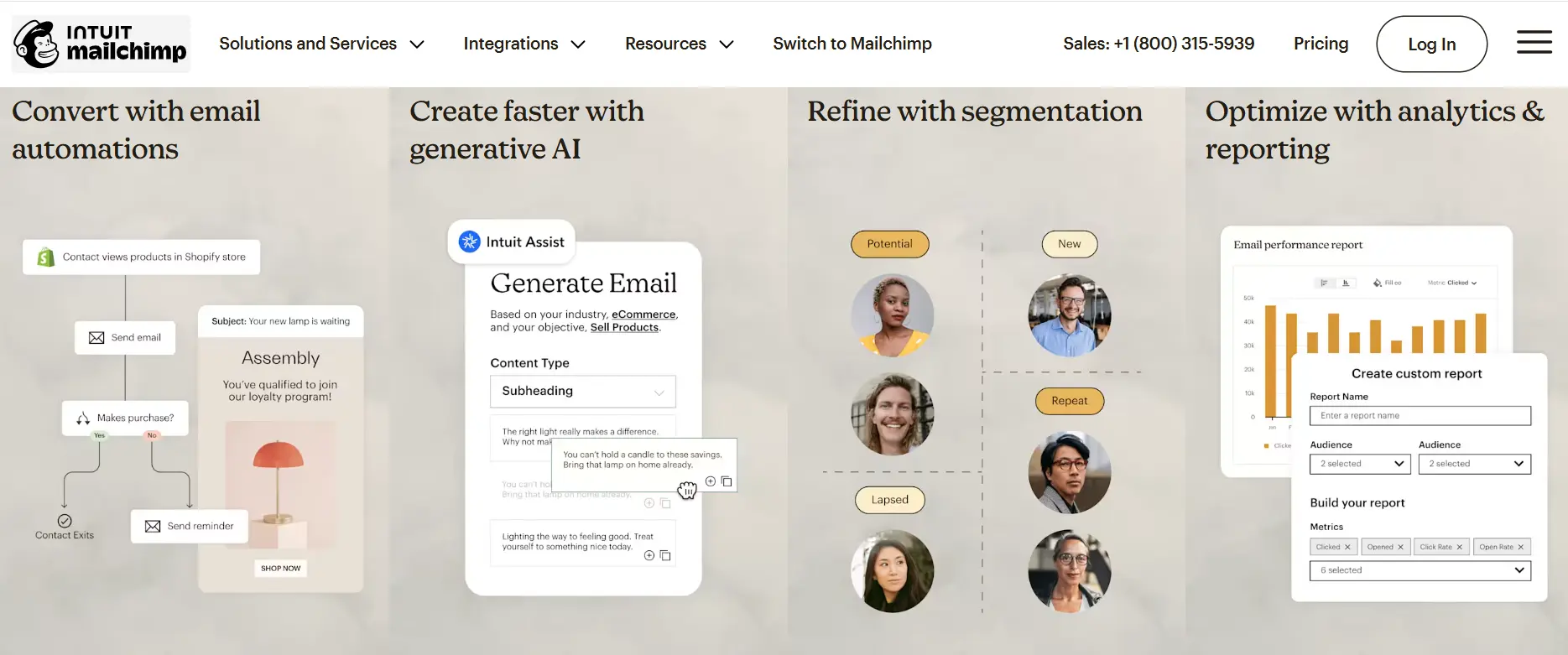
Mailchimp is one of the earliest players in email marketing, known for simplicity and affordability. It remains a solid entry-level choice for small businesses.
Pros:
- Extremely user-friendly, drag-and-drop builder.
- Affordable starter plans (with a free tier).
- Prebuilt templates for fast campaign execution.
Cons:
- Weak personalization and limited AI tools.
- Lacks advanced segmentation and predictive insights.
- Not built for scaling omnichannel engagement.
Pricing: Free plan available; paid plans start at $13/month.
Best for: Small businesses or startups new to email marketing.
6. Iterable
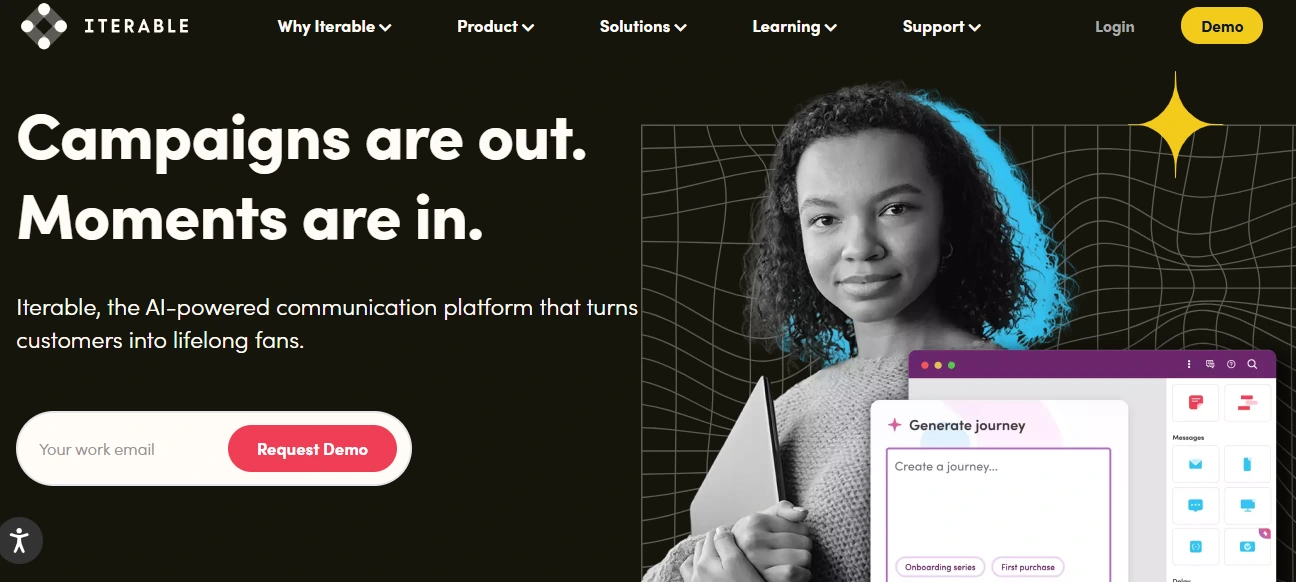
Iterable is an enterprise-grade cross-channel engagement platform built for sophisticated marketing orchestration. It’s trusted by large brands that need scale and deep workflows.
Pros:
- Strong cross-channel orchestration (email, push, SMS, in-app).
- Unified customer profiles for personalization.
- Powerful workflow builder with advanced branching.
Cons:
- Steep learning curve for new users.
- Pricing is enterprise-only, putting it out of reach for SMBs.
- Requires strong in-house expertise to fully leverage.
Pricing: Custom, enterprise-focused only.
Best for: Large enterprises seeking advanced orchestration across multiple touchpoints.
7. HubSpot Marketing Hub
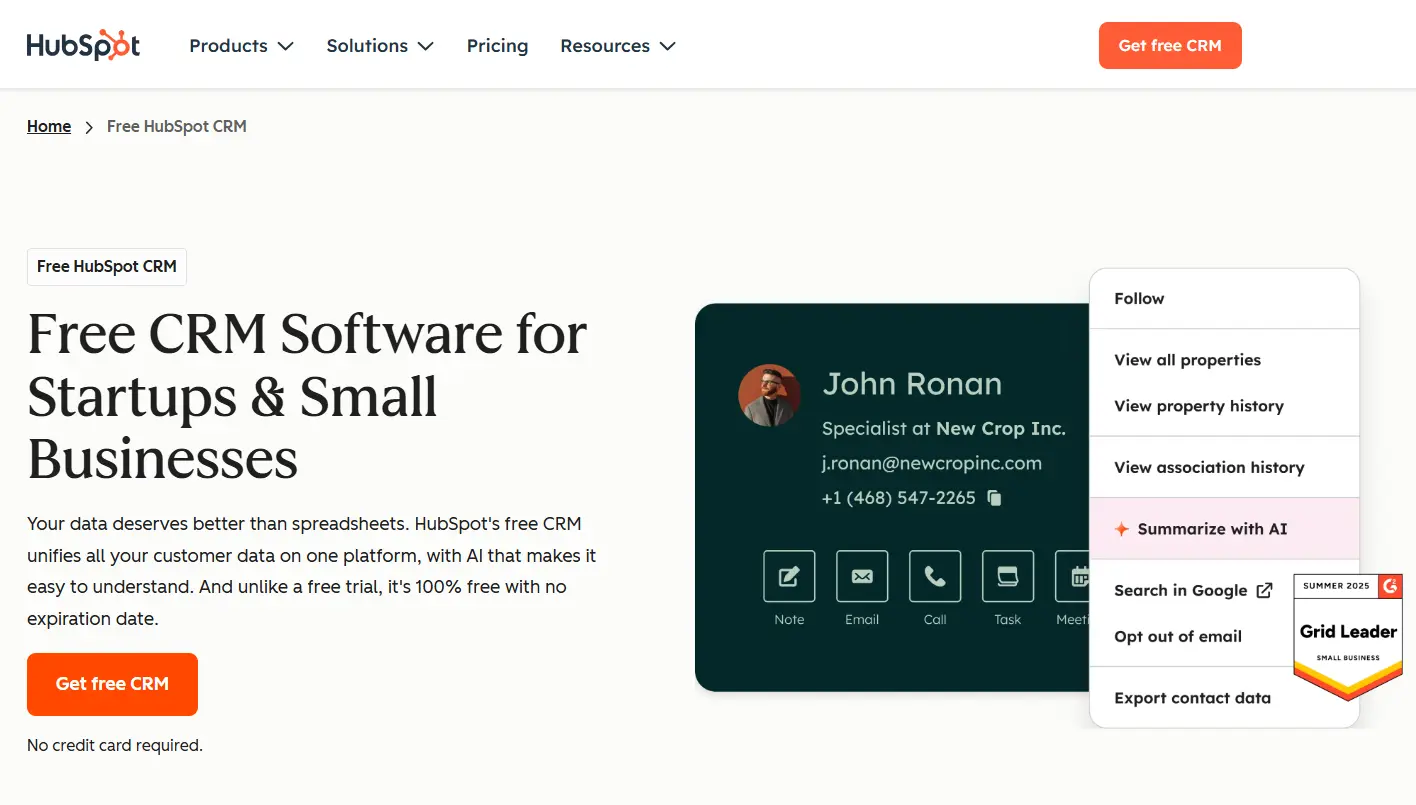
HubSpot offers an all-in-one suite combining CRM, marketing, sales, and customer service. While not ecommerce-specific, it’s powerful for inbound-driven businesses.
Pros:
- All-in-one CRM + marketing + sales + service.
- Strong ecosystem of integrations and partners.
- Solid workflows for emails, forms, and lead nurturing.
Cons:
- Expensive as you scale into higher tiers.
- Not ecommerce-specific—requires workarounds for Shopify/Magento.
- Limited SMS/WhatsApp/push engagement capabilities.
Pricing: Starts at $50/month (Starter), but advanced tiers rise steeply into enterprise pricing.
Best for: Mid-to-large businesses wanting a unified CRM + marketing platform.
How to Choose the Right Contlo Alternative
- Match platform features with growth stage.
- Prioritize AI, omnichannel orchestration, and analytics depth.
- Evaluate vendor support & consulting, not just the software.
Final Take
Contlo’s rise in the AI-powered martech space highlights the growing demand for smarter, faster marketing tools. But as businesses grow and their engagement needs become more complex, platforms like Netcore deliver more comprehensive solutions—combining AI, omnichannel reach, predictive insights, and enterprise-grade personalization.
At the end of the day, the right platform comes down to your brand’s priorities—whether you’re focused on AI-led content creation, advanced customer journeys, or full-funnel omnichannel orchestration.
 Growth, decoded: Agentic Marketing Predictions 2026 for consumer markets. Read the report now.
Growth, decoded: Agentic Marketing Predictions 2026 for consumer markets. Read the report now. 









